Nutritional deficiencies can cause a range of niggling health problems and increase the risk of long term health problems.
Nutritional deficiencies can be hard to spot and can cause a range of symptoms including lack of energy, headaches, insomnia and muscle pain, symptoms that we often put down to modern life which is why vitamin and mineral deficiencies can be so hard to spot.
The National Diet and Nutrition Survey reveals that many of us are eating less than the recommended amount of some key nutrients and are at risk of deficiency. Food tracking apps allow you to track your food and thus, get a better picture of exactly what you're eating and whether you are meeting the recommended targets.
Here are the 7 main nutrients which are most likely to lacking in the UK diet.
Iron
Needed for the manufacture of healthy red blood cells. 46% of girls and almost I in 4 women in the UK have been found to have low iron stores.
Symptoms of deficiency: excessive tiredness, lack of energy, susceptibility to infections, hair loss, insomnia and restless leg syndrome.
What to eat: red meat and offal are the best sources of iron but if you don't eat meat you can get iron from vegetables like kale, egg and fortified breakfast cereals.
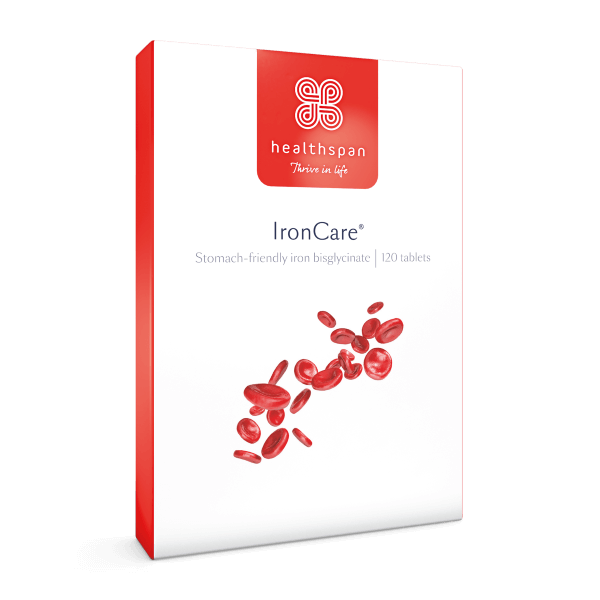
IronCare
Stomach-friendly, vegan iron tablets for healthy blood, energy and immunity
- 100% of the daily recommended amount of iron and copper, as well as vitamins B2, B6, B12 and C
- Supports red blood cell formation
- Combats tiredness and fatigue
Calcium
Needed for the development of strong bones and teeth.
Symptoms of deficiency: the risk of bone problems is greatly increased if you don't get enough calcium, particularly while your bones are still growing. Lack of calcium may also cause insomnia.
What to eat: 2-3 portions of dairy (yogurt, milk, cheese,) a day, if you can't tolerate cow's milk choose a dairy free milk which is fortified with calcium and vitamin D. Non-dairy sources of calcium include spinach, canned fish like sardines which are eaten with their bones, tahini and pulses.
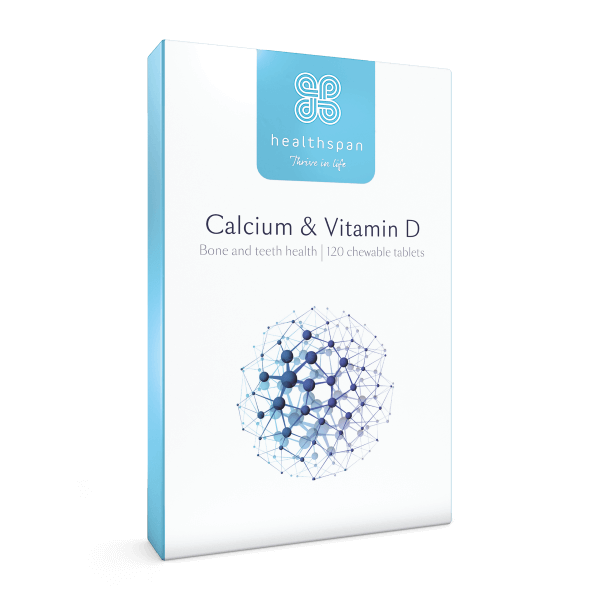
Calcium and Vitamin D
Chewable tablets for bone and teeth health
- Calcium and vitamin D to support teeth and bones
- Added vitamin K to help maintain bone health
- Helps reduce the loss of bone mineral linked to menopause
Vitamin D
Helps the body absorb calcium. Also, important for blood clotting and a healthy immune system. Surveys suggest that 1 in 5 people aged 19-64 in the UK have low levels of vitamin D in their blood.
Symptoms of deficiency: increased risk of bone and gum problems, muscle pain, constipation.
What to eat: Oily fish, egg yolks, fortified foods. Diet alone is unlikely to provide sufficient vitamin D and the body can't make enough in the winter months, which is why experts recommend that everyone over the age of 1year takes a vitamin D supplement during autumn and winter.
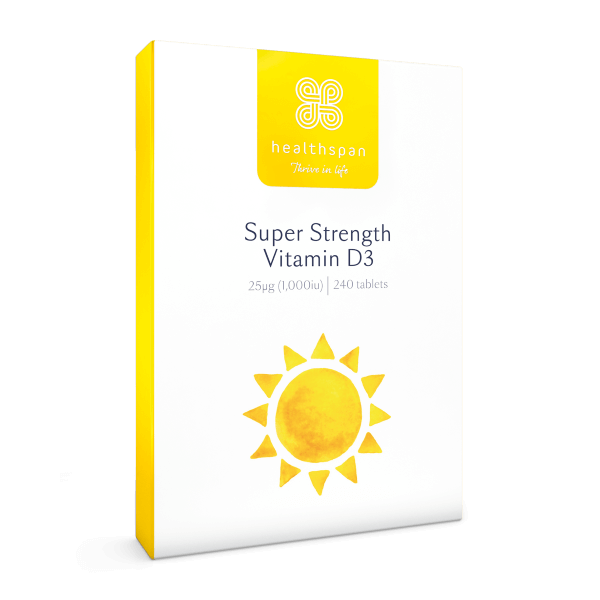
Super Strength Vitamin D3
For healthy bones, teeth, muscles and immunity
- 25mcg vitamin D per tablet
- Helps keep bones, teeth and muscles healthy, and supports immunity
- Multiple health benefits from 9p a day
Folic acid/folate
Needed for the production of red blood cells and the release of energy from food. Important during early stages of pregnancy to help prevent neural tube defects.
Symptoms of deficiency: a type of anaemia where red blood cells become larger but reduced in number causing extreme tiredness, muscle weakness, lack of energy.
What to eat: Green leafy vegetables, asparagus, peas, chickpeas, wholegrain cereals, oranges, fortified breakfast cereals. The Department of Health recommends that all women who are pregnant or planning a pregnancy take a folic acid supplement.
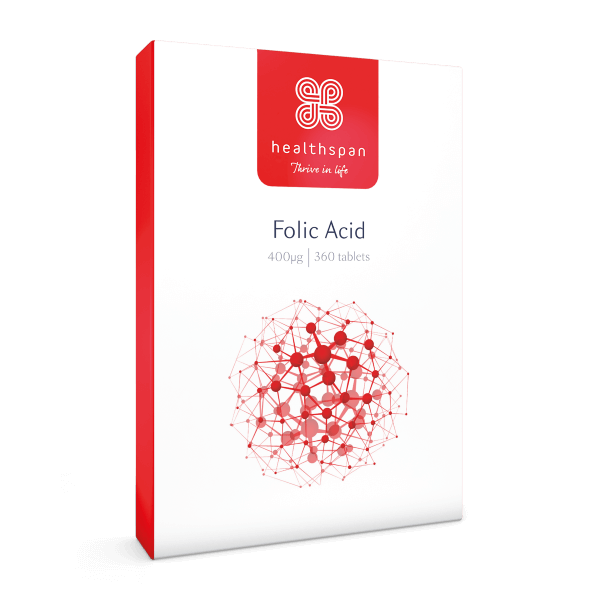
Folic Acid
400mcg folic acid, also known as folate or vitamin B9
- Important for healthy red blood cell formation
- Supports immune health and psychological function, helps reduce tiredness and fatigue
- Recommended by the Department of Health during pregnancy
Iodine
Needed for the manufacture of thyroid hormones which regulate the metabolic rate (the rate at which the body burns calories), iodine is also vital for development of a baby's brain during pregnancy and early life.
Symptoms of deficiency: tiredness, muscle weakness, breast pain, sudden of unexplained weight gain. Anyone who doesn't eat dairy has a greater risk of deficiency.
What to eat: fish and shellfish, dairy products, seaweed.
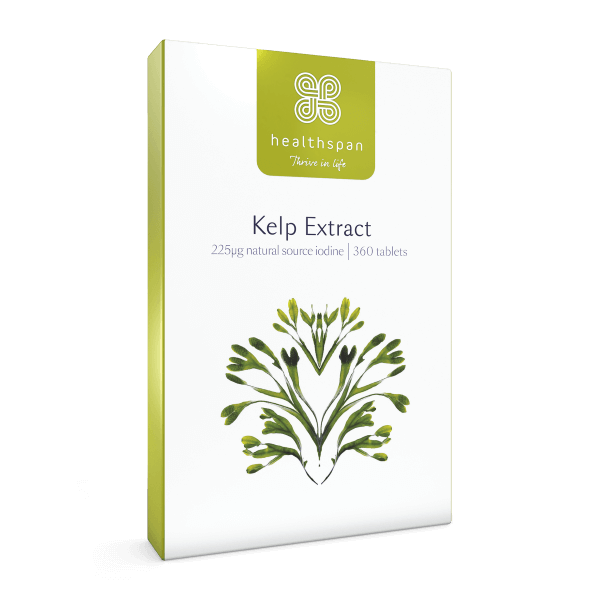
Kelp Extract (Iodine)
Supports thyroid, skin, cognitive health, nervous system and energy levels
- Provides 225mcg iodine
- Supports cognitive health
- Aids normal thyroid function
Magnesium
Needed for healthy bones, the release of energy from food and nerve and muscle function.
Symptoms of deficiency: loss of appetite, fatigue, insomnia, constipation.
What to eat: Green vegetables, wholegrain cereals, wholemeal bread, peanuts, brown rice.
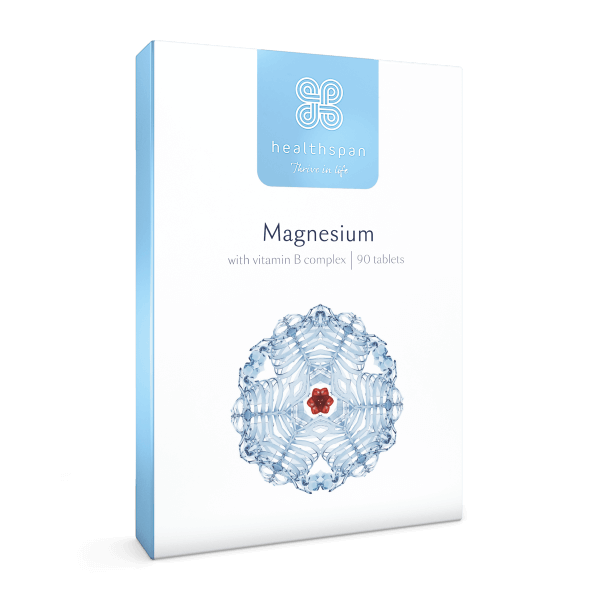
Magnesium 375mg
100% recommended daily amount of magnesium per tablet
- Reduces tiredness and fatigue
- Contributes to muscle and psychological function
- Helps maintain bones and teeth
Omega-3 fats
They help to keep the brain, heart and eyes healthy.
Symptoms of deficiency: low intake of omega-3 can increase the risk of heart and cognitive problems.
What to eat: Oil rich fish (sardines, fresh or canned salmon, fresh tuna, mackerel) at least once a week.
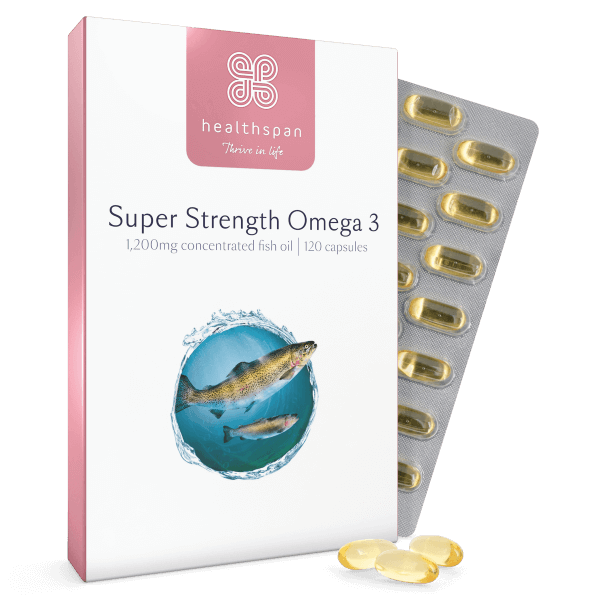
Super Strength Omega 3 1,200mg
Highly concentrated, refined and sustainably sourced omega-3 fatty acids
- 240mg DHA and 360mg EPA
- Anti-inflammatory; supports brain, eye and heart health
- Benefits of oily fish for 18p a day
Fibre
Helps to keep digestive system healthy, also helps control blood sugar and cholesterols levels.
Symptoms of deficiency: constipation. Only 1 in 9 adults in the UK eat the recommended amount of fibre.
What to eat: wholegrain breakfast cereals, beans & pulses, fruit and vegetables.

Easyfibre® Cleanse
A natural and simple solution to help increase your fibre intake
- Formulated using the highest quality seed husks from Plantago ovate, otherwise known as blonde psyllium
- Can be sprinkled over your cereal or porridge, or added to a glass of water or juice











